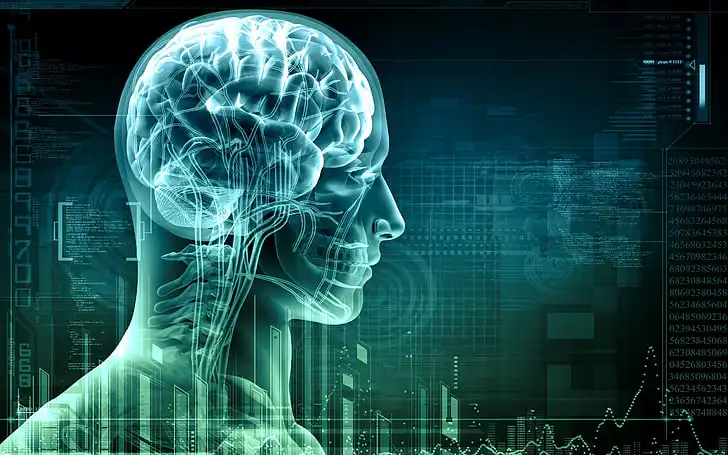Why Close Relationships Matter
Scientists have always been intrigued by the human brain's complexity and how it drives behavior. Particular interest lies in how our brain processes information about the people closest to us and learns from these relationships. Close relationships are the spine of human existence and have a profound impact on life experiences.
A team of researchers at Lund University in Sweden embarked on a journey to understand better how the brain functions concerning close relationships. They aimed to unveil how the brain's programming leans towards learning more about the people closest to us. Such knowledge holds the potential for significant advancements in cognitive psychology and neuroscience.

The Study at Lund University
The researchers at Lund University devised an experiment involving 26 participants, the results of which yielded fascinating insights. As the researchers note, their study revealed an eye-opening truth about our brains - they are inherently wired to learn more about those who are closest to us.
The experiment consisted of two different exercises. In the first, every subject was shown different faces and asked to rate their attractiveness. In the second, the subjects were told that those face images belonged to two people - their friend and a person they disliked.
Results of the Study
The impact of the information fed to participants was notable. In the second part of the exercise, participants' brains worked distinctly depending on their feelings for the person in the images. The participants' brains exhibited increased activity when processing information tied to faces associated with their close friends compared to faces of people they disliked.
This finding is particularly groundbreaking, as it reveals that not only are our brains wired to recognize faces, but they are also predisposed to devote cognitive resources to learning more about people we like and are closer to.
How the Brain Prioritises
Another captivating revelation of the study was the participants' preference for learning about their close friends. When given a choice between learning about their friend or a disliked person, the brain displayed a consistent tendency to choose the friend, showing that their brain was programmed to prioritise this information.
This is arguably the most crucial finding from the study, demonstrating our brain’s inherent predisposition to learning more about people close to us — a compelling insight into human nature and the brain’s workings.
Our Brain's Fascination with Familiar Faces
The researchers believe that the brain's fascination with familiar and close faces is not limited to only our friends and loved ones. Instead, this could extend to anyone whom we perceive as being in our 'in-group.' These could be people from the same culture, community, or those who share similar ideologies.
The team asserts that our brain continually works to accumulate knowledge about such 'in-group' members and uses this learning to navigate social interactions and strengthen community bonds.
What Can we Learn from This?
This study's findings present an exciting perspective for human behavior studies. Our brain's inclination to learn more about people close to us shows that we are inherently sociable creatures. Understanding this could be vital in neuroscientific and psychological studies to promote better communication and social interactivity.
Interestingly, it might also be pivotal in understanding and managing mental health issues. Further exploration in this field could help devise new strategies for dealing with conditions like social anxiety, where the brain may misinterpret or mishandle social cues.
Summary
In summary, the researchers at Lund University have struck gold with their study, revealing the brain's programming to learn more about close relationships. This groundbreaking study significantly contributes to cognitive psychology and neuroscience.
Not only does it affirm the human desire for social communication and relationships, but it also provides a basis for further studies in the fields of neurology, social psychology, cognitive behavior, and mental health. This research points to incredible development potential in various human science domains, promising an expansive future full of exciting discoveries.